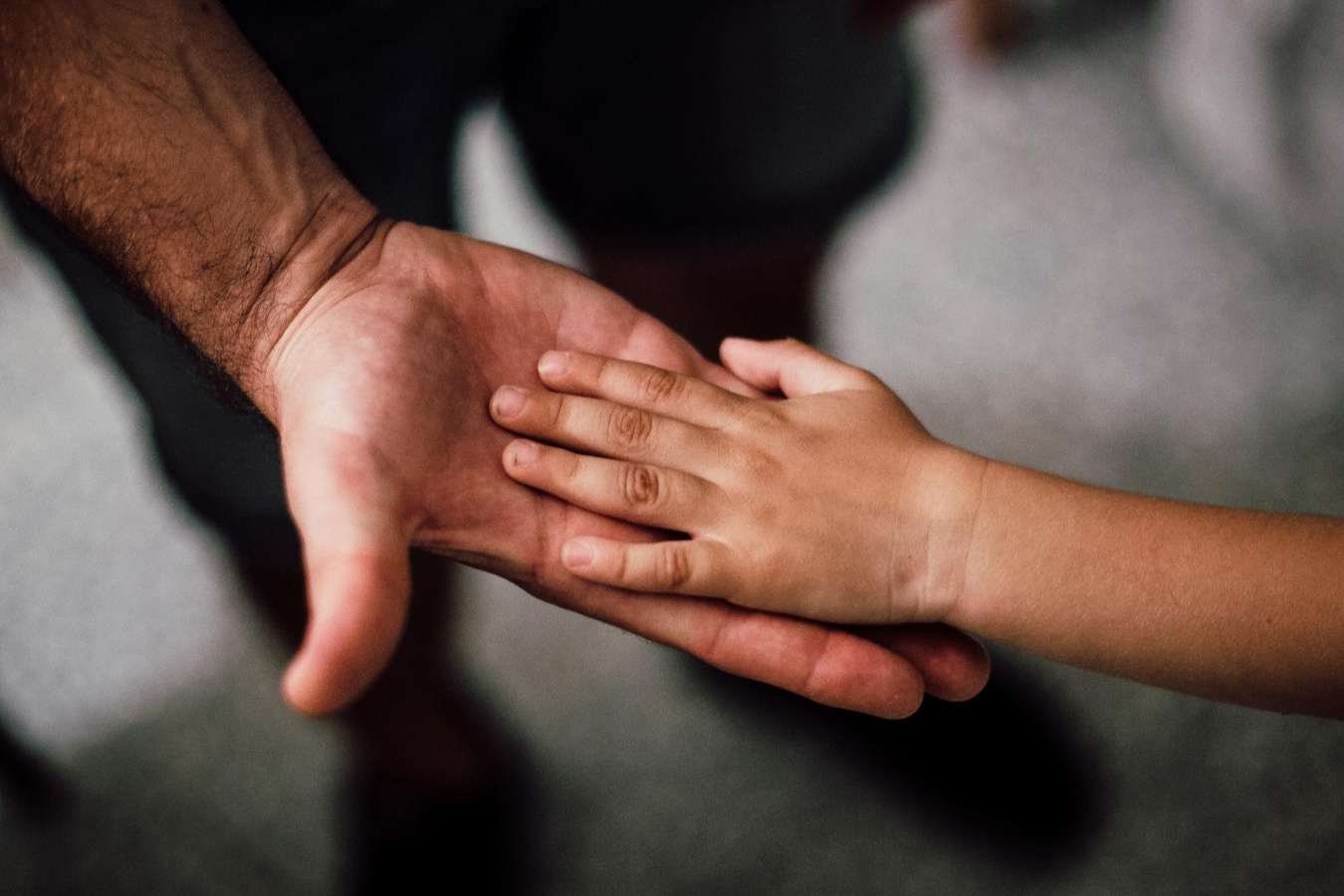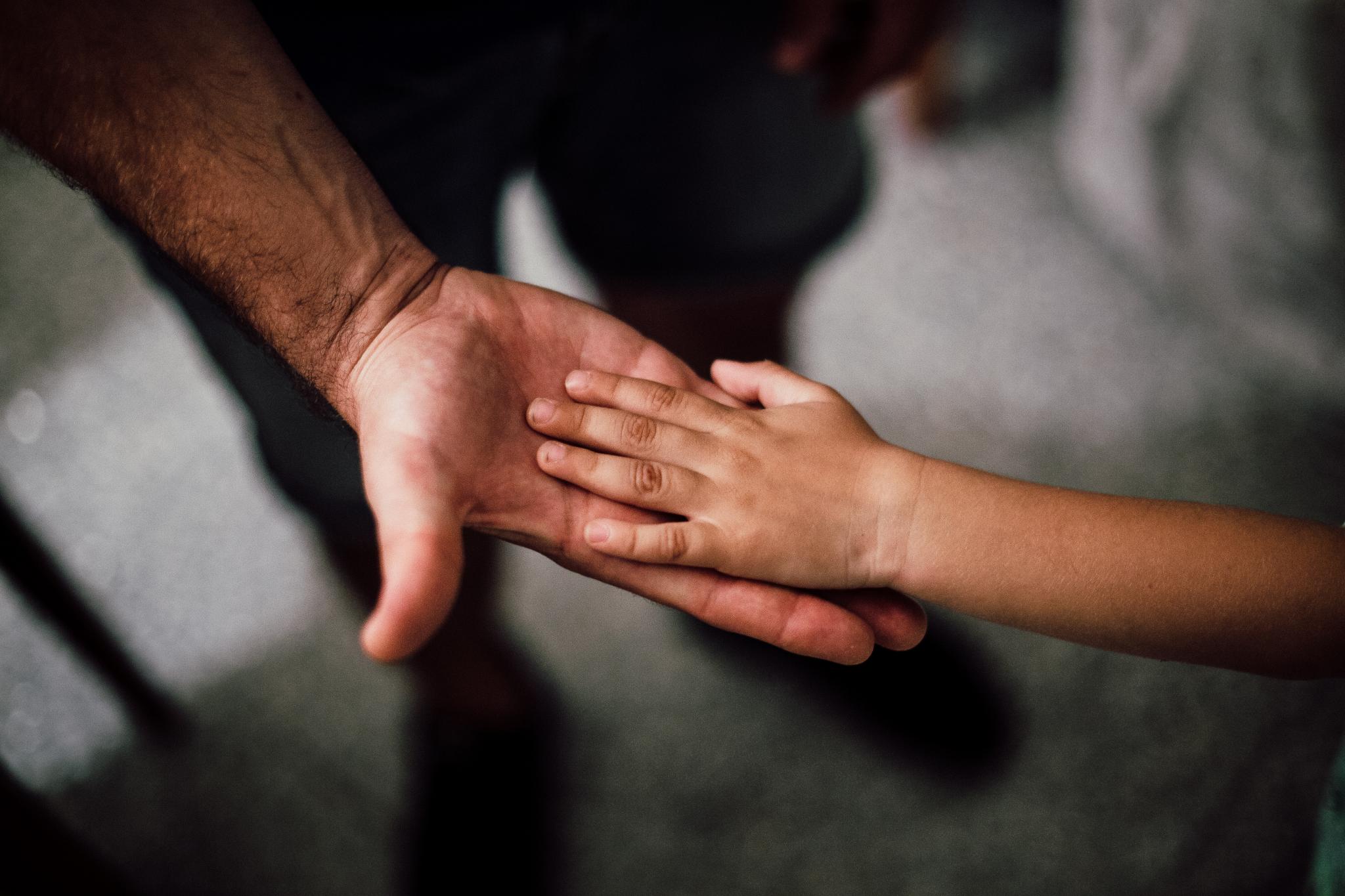
Holding Hands and Caring for Others

Reflections Reading:
Holding Hands and Caring for Others
“The children of Adam, created of the self-same clay, are members of one body.
When one member suffers, all members suffer likewise.
O thou who art indifferent to the sufferings of thy fellow,
thou art unworthy to be called man.”
Sa’di Shirazi, Bani Adam
![]()
On March 29, 2020, Mawlana Hazar Imam sent a special message to the global Jamat. In it, he noted: “The world is facing a challenging time, and in these moments it is important that the Jamat remains united and focused on helping those who will need assistance and hand-holding.”
At a time of unprecedented global challenges brought about by the current pandemic, Mawlana Hazar Imam is asking us to think about generosity and helping those in need. This is a reminder of the central importance of the social conscience in Islamic traditions.
Our Common Humanity
In the Holy Qur’an, in the verse featured on Mawlana Hazar Imam’s Golden Jubilee emblem, Allah tells us of the unity of humanity, having been born from a single soul:
“O mankind! Be careful of your duty to your Lord Who created you from a single soul and from it created its mate and from them twain hath spread abroad a multitude of men and women.” (4:1)

Caring for others is a deeply spiritual matter given this religious theme of our common humanity. Our faith teaches us of the inseparability of din (faith) and duniya (world). We believe that we will ultimately be judged not only by our acts of worship and prayer, but also our actions towards our fellow human beings, animals, and the environment. Thus, helping others is not simply philanthropy, but a sacred responsibility entrusted to us to care for Allah’s creation.
Social Conscience in Islamic Traditions
In 7th century Arabia, cities like Mecca saw an increasing disparity between the wealthy merchants and those living a life of poverty and suffering. Prophet Muhammad (peace be upon him and his family) actively addressed the injustices in his society. He drew attention to the needs of people who required help and care, and tried to lessen their suffering through both words and action. He urged those who were wealthy and powerful not to ignore the poor and the defenceless, and instead to work hard to improve their quality of life. This echoes the stories told in the Qur’an of previous prophets who were equally concerned with caring for the vulnerable in their societies.
Allah tells us in the Qur’an of the importance of caring for others and showing generosity to others:
“And show kindness – to parents, kinsfolk, orphans, those in need, neighbours who are close, neighbours who are strangers, the companion by your side, and the traveller (you meet) …” (4:36)
In the following hadith, Prophet Muhammad relates a quote directly from Allah, which says:
“Allah (mighty and sublime be He) will say on the Day of Resurrection… O son of Adam, I asked you for food and you fed Me not. He will say: O Lord, and how should I feed You when You are the Lord of the worlds? He will say: Did you not know that My servant So-and-so asked you for food and you fed him not? Did you not know that had you fed him you would surely have found that (the reward for doing so) with Me?”
In fact, Allah sternly rebukes those who pray but neglect to fulfill their ethical responsibilities:
“So woe to those who pray but are heedless of their prayer; those who are all show and forbid common (small) kindnesses.” (107:4-7)

Social Conscience in the History of the Ismaili Imamat
Hazrat Ali (alayhi-salam), as the first Shi’a Imam and the fourth caliph, ruled over the diverse Muslim empire. In keeping with the paradigm of Muslim leadership exemplified by the Prophet, Hazrat Ali was concerned for all those that he governed, regardless of their faith.
In a letter written to his appointed governor of Egypt, Malik al-Ashtar, Hazrat Ali counselled Malik to pay close attention to the following groups:
"the lowest class, those who have no wherewithal, the destitute, the needy, the afflicted, the disabled… Treat these people in a manner such that God may excuse you on the day you meet Him, for they are more in need of justice from you than any others among your subjects.”

Throughout the history of the Shi’a Ismaili Muslim community, our Imams have been responsible for caring for those in need, both within the Jamat and in the wider community.
During the dawr al-satr (period of concealment) from 765 to 909 CE, Ismailis faced persecution and operated largely in discretion, but the Imamat still worked to ensure the safety and well-being of the Jamat. The Fatimid Imams, who ruled over North Africa and Egypt from 909 to 1094 CE, were responsible for governing a highly diverse population in an inclusive manner.
The Nizari Ismaili Imams, ruling from the fortress of Alamut in the 12th and 13th centuries, sought to keep the Jamat safe during a period of political turbulence, establishing a network of castles in Persia and Syria. They also protected members of other Muslim communities fleeing the Mongol invasion during the early 13th century.
Social Conscience and the Imamat Today
In modern times, the Imamat has continued this tradition. Building on the foundations laid by Mawlana Sultan Mahomed Shah (alayhi-salam), Mawlana Hazar Imam’s work has focused heavily on building institutions that improve the quality of life of the global Jamat, the Muslim Ummah, and the societies in which the Jamat lives. This includes the Jamati institutions and the Aga Khan Development Network (AKDN). AKDN is a contemporary endeavour of the Ismaili Imamat to realise the social conscience of Islam through institutional action.
Motivated by the ethics of Islam, these institutions focus on helping the most marginalized in society – the poor, the sick, the elderly, women, and all others in need.
The Imamat institutions rely heavily on a spirit of volunteerism in which people share their time and knowledge freely to the benefit of others. The global Jamat benefits greatly from the contributions of thousands of volunteers, including the uniformed Ismaili Volunteer Corps, which celebrated its 100th anniversary last year.
Conclusion
During these challenging times, it is important that we continue to help those who need assistance. This generosity is needed not only today, but especially in the coming months and years as we rebuild our lives and societies. In his recent message to the Jamat on March 29, 2020, Mawlana Hazar Imam said, “We must remain strong and prepare to build, and to build well, when this crisis passes.”
Many members of the Jamat have and will face a variety of unprecedented challenges, including financial distress, physical, and mental health challenges, and numerous other difficulties. This will be the case here in Canada, and perhaps even more so in developing countries across Asia and Africa.
It will fall on those who have the capacity to help others to provide assistance in the coming weeks, months, and years. Our responsibility is to remain united as a Jamat and, wherever possible, share our resources, time, knowledge, and care. Even sharing a smile is an act of generosity, particularly in a time when so many people are feeling lonely and isolated.
For more guidance from Mawlana Hazar Imam on helping others, sharing knowledge, and building strength for the future, the Jamat is encouraged to read his message on March 14, 2018 in Atlanta, USA on page 150 from the Diamond Jubilee (2017-2018) book of Farman Mubarak.
Family Discussion Questions
What are different ways that we can help those in need while observing physical distancing?
When the current crisis is over, how can we help members of the Canadian and global Jamat and the wider community to rebuild their lives?
Learn More
IIS Secondary Curriculum: One World Many Hopes – Ethical Pathways to Human Development
Article: AKDN – An Ethical Framework
Online Learning Resources: Ethics and Values of Islam – Foundations of Faith series
Article: We make a difference: Ismaili Volunteer Corps celebrates 100 years of service
eBook: Justice and Remembrance: Introducing the Spirituality of Imam Ali by Reza Shah-Kazemi
Opinions, statements, or other information displayed through external links above are provided as additional reference material and do not necessarily represent the opinions of, or imply endorsement by, the Ismaili Institutions for Canada.


